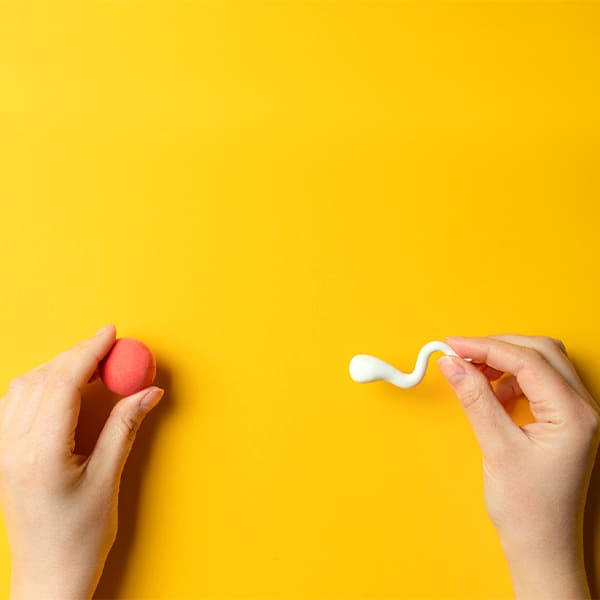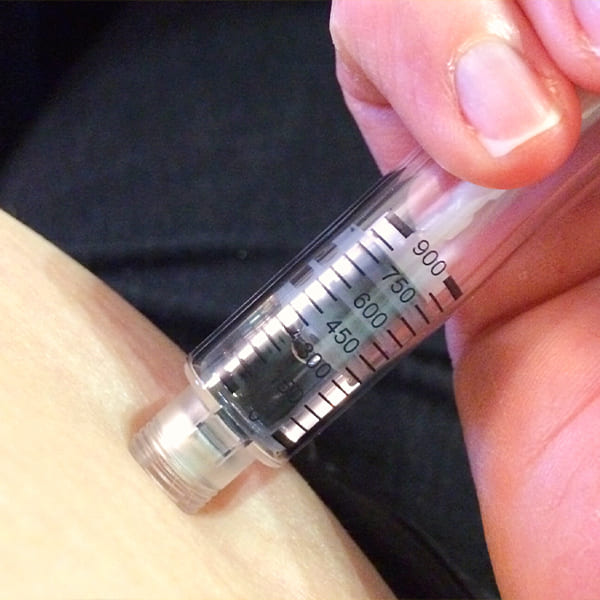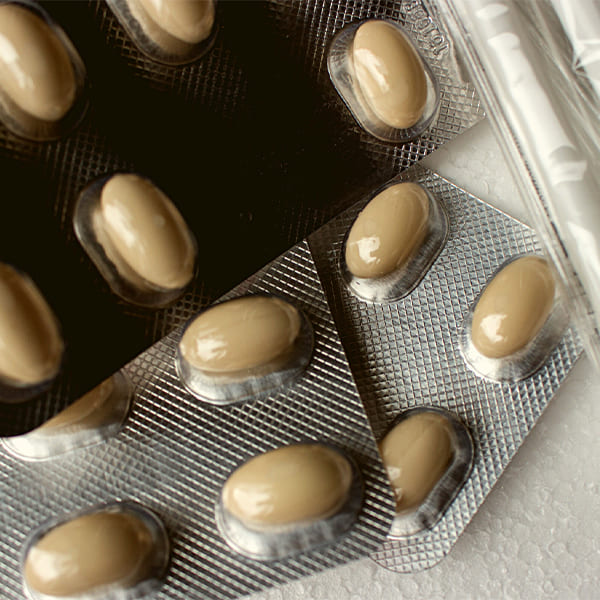- Home
- About Us
- Why BFI
- Treatments
Advanced IVF Treatment
Donor Services
Fertility Preservation
Advanced IVF Treatment
Donor Services
Fertility Preservation
- Locations
- Resources
- Contact Us
Egg donation
Every couple wants to have their own genetic child. This is a natural instinct and desire. However, it may not always be possible, and couples may have to go for donor eggs, sperm or embryos.
BFI does not encourage donor gametes as a shortcut to success. We offer all the options a couple has and offer them a donor option as a last resort only. We counsel them pros and cons of using donor gametes and allow them to make a fully informed choice.
BFI NEVER uses donor gametes without the informed consent of BOTH the partners. Ultimately the child is of both the partners.
These are the reasons why every couple should choose the fertility clinic very cautiously, particularly when it comes to donor eggs or sperm.
When you require donor services, it is more than plain and simple science. It is also called third party ART – IVF. As a third party is involved, a third dimension is also added to the whole process. It is also an emotional decision. We are here to support you & give you the desired result. We are here to help you have a healthy baby.
We know and understand that when you choose a donor to have your child, you are not buying some product from the market, but you are creating your future generation. With years of experience and experience of thousands of successful donor cycles, we deeply understand and respect your expectations, concerns, fears, and much more. When you entrust us with donor services, we select the best donor for you. Carefully matching him/her with your looks, height, weight, skin colour, eye colour, etc. Though there are no two persons exactly the same, we try to find similarities to the maximum. If a couple has any special preferences or needs, may it be for ethnicity, looks, cast, physical characteristics, education etc., we try our best to match to the perfection.
Oocyte donation
Oocyte donation is the assisted reproduction technique in which the female gamete (ovum) is provided by a healthy & young oocyte donor. An IVF-in vitro fertilization cycle is performed by fertilizing the donor’s eggs with the sperm of the patient’s husband. The embryos are then transferred to the patient’s uterus. The patient herself conceives. Pregnancy, delivery, and breastfeeding is the same experience as a spontaneous natural pregnancy.
Ageing does not affect the uterus. If fitness is good, a woman can conceive using donor oocytes at any age, even after many years of menopause. However, at an advanced age, many considerations are required before starting the treatment.

Who needs Egg donation?
Menopausal patient – No menses
- Menopause can be natural due to age.
- Secondary due to medical or surgical treatments.
No eggs
- Removed ovaries.
- Damaged or diseased ovaries.
- No response in previous egg formation – stimulation cycles.
- Chemotherapy for cancer.
- Radiotherapy for cancer.
Poor quality or quantity eggs
- The eggs are of low quality, as seen in previous IVF cycles.
- Poor quality embryos with previous IVF.
- Advanced age patients having reduced quality and quantity of eggs.
- Very poor ovarian reserve on sonography.
- Very low AMH.
- Repeated miscarriage.
Some of these patients can achieve pregnancy using their eggs; techniques like ovarian rejuvenation and Dual stimulation can help . The care of the” million-dollar egg” can also make a big difference. In some advanced cases, oocyte donation may be the only feasible option.
Unexplained IVF failure
- Failure to produce good quality embryos or pregnancy repeatedly.
Unexplained recurrent implantation failure
- Failure to the implant, in spite of at least three attempts of good quality embryo transfer
Risk of inheritance of genetic disease from mother
- Some women have a risk of transmission of some hereditary disease to their children through their eggs.
Modern technology of PGS/PGD, PGT – A, PGT – M, PGT – SR can help in preventing these transmittable diseases even before the embryos are transferred to the uterus. With this technology, even the women at risk can safely have a healthy, disease-free child. Unfortunately, this technology is expensive. It can diagnose most of the diseases but not all. Hence a few women may have to opt for donor eggs in this situation.
How is the Egg donation/oocyte donation/ovum donation treatment performed?
Egg donation cycles are usually carried out with fresh donor eggs. We also have frozen eggs ready in case a patient requires immediate use. Embryos/blastocysts thus made are transferred fresh or are frozen and transferred when the recipient is ready.
BFI does not have a waiting time for donor recruitment as we have a large pool of donors ready.
As a first step, the menstrual cycle of donor and recipient (patient) are matched by simple tablets.
The donor undergoes standard stimulation for IVF treatment; the recipient takes tablets to prepare the uterus for accepting the embryo.
Once the uterus and eggs are ready, ovum pickup – egg collection of the donor is scheduled. Collected eggs are fertilized by the patient’s husband’s sperm using ICSI technique. Embryos are developed till day 2/3 or blastocyst stage.
Embryos are selected and transferred to the patient’s uterus. If we have more embryos, we can freeze them, and the couple can get another chance of embryo transfer.
Various modifications of this standard treatment are possible to suit every need.
BFI offers multiple packages of egg donation treatment to suit every pocket, value for money and optimised outcome. The couples have to understand the cost against the quality of donors, quantity and quality assurance of blastocysts and finally, the success chance.
Advantages of Egg donation/oocyte donation treatment

As the eggs are from young fertile donors, the pregnancy chances are very high, miscarriage chances are low, and chances of genetic problems in a child are also very low.
The treatment remains secret. The lady enjoys all the joy and bonding of motherhood, and the father gives his sperm. If the couple is mentally prepared for egg donation, the joy of parenthood makes the genetic source immaterial.
Disadvantages of Egg donation/oocyte donation treatment
The major disadvantage is the outside genetic source of female gamete. There will be some additional cost for the donor treatment.
How We Select Our Donors
Donor Characteristics

The donors that are young and have normal screening are recruited.
All oocyte-egg donors are married and have at least one healthy living child. Their age is less than 30 years.
Screening Process
Medical review
We check the donor’s medical, family and personal history. We also check that her weight, height and blood pressure are within normal limits.
The doctor performs an exhaustive medical check-up to check the good overall health of the donor. Our fertility experts do a 3D ultrasound to check for ovarian reserve and any other reproductive or gynaecological condition.
Eligible donors undergo blood tests for complete blood counts, blood sugar and tests to assess liver, kidney, and general health.
Blood tests to rule out STDs are done.
Donors are also screened for a common genetic condition.
Psychological review
Our in-house team takes an in-depth personal interview of the donor. We evaluate that donors understand the process and evaluate their ability to understand and make a balanced decision.
Genetic study
Our team takes in-depth family history.
Common genetic conditions are screened in the donor; any additional tests are also possible according to the couple’s desire.
What is the Success rate of IVF with Egg Donation?
IVF with egg donation offers significantly higher success rates compared to using one’s own eggs, especially for women with age-related fertility decline.
The average success rate for live birth with egg donation is around 50%, meaning that about 1 in 2 women will achieve a live birth after one cycle.
Here’s a breakdown of the success rates at different stages of the process:
- Fertilization: Around 80% of donor eggs fertilize successfully.
- Embryo development: About 75-85% of fertilized eggs develop into transferable embryos.
- Implantation: The chance of a healthy embryo implanting in the uterus is around 55-65%.
- Live birth: The overall live birth rate per cycle is 50%.
It’s important to note that these are just averages, and individual success rates can vary depending on several factors, including:
- Age of the recipient: Younger recipients generally have higher success rates than older recipients.
- Underlying medical conditions: Any medical conditions affecting the uterus or overall health can impact success rates.
- Quality of the sperm: The quality of the sperm used for fertilization can also play a role in success rates.
- Number of embryos transferred: Transferring more embryos can increase the chances of pregnancy, but it also carries a higher risk of multiple births.
- Experience of the clinic: Success rates can vary between different clinics.
Advantage BFI
At Bavishi Fertility Institute, embryo donation cycles are usually carried out with fresh donor eggs and fresh/frozen donor sperm.
We also have frozen embryos ready in case a patient requires immediate use or for a wider selection.
FAQs
Yes, “Ovum donation” and “Egg donation” refer to the same process. Ovum is another term for an egg, and the two phrases are used interchangeably in the context of assisted reproductive technologies.
- Anonymous Donation: The identity of the donor is not disclosed to the recipient.
- Known Donation: The donor and recipient are known to each other. This may involve a friend or family member.
Egg donation is generally considered safe, but like any medical procedure, it may have risks and side effects like allergies to medication and pregnancy related complications.
Legal implications can vary by country and even within regions. In many places, there are legal agreements and contracts outlining the rights and responsibilities of the parties involved, including the donor, recipient, and any potential offspring.
In India patients undergoing egg donation takes insurance for egg donor and signs an affidavit stating that they will take care of medical expenses for the oocyte donor and treatment of any expected or unexpected complications.
Certainly! IVF with egg donation can fail due to factors such as:
- Embryo Quality: Low-quality embryos may not implant successfully. Although chances of low quality embryos with oocyte donation is relatively less.
- Uterine Receptivity: The recipient’s uterus must be receptive for implantation.
- Cycle Synchronization: Mismatched menstrual cycles can impact timing.
- Medical Conditions: Underlying health issues can affect fertility.
- Recipient’s Age: Older age may marginally reduce the chance of success.
- Sperm Quality: Poor sperm quality can impact fertilization.
- Lifestyle Factors: Smoking, alcohol, and stress can affect fertility.
- Implantation Issues: Problems with embryo placement or uterine environment.
- Unexplained Factors: Some cases have unknown reasons for failure.
